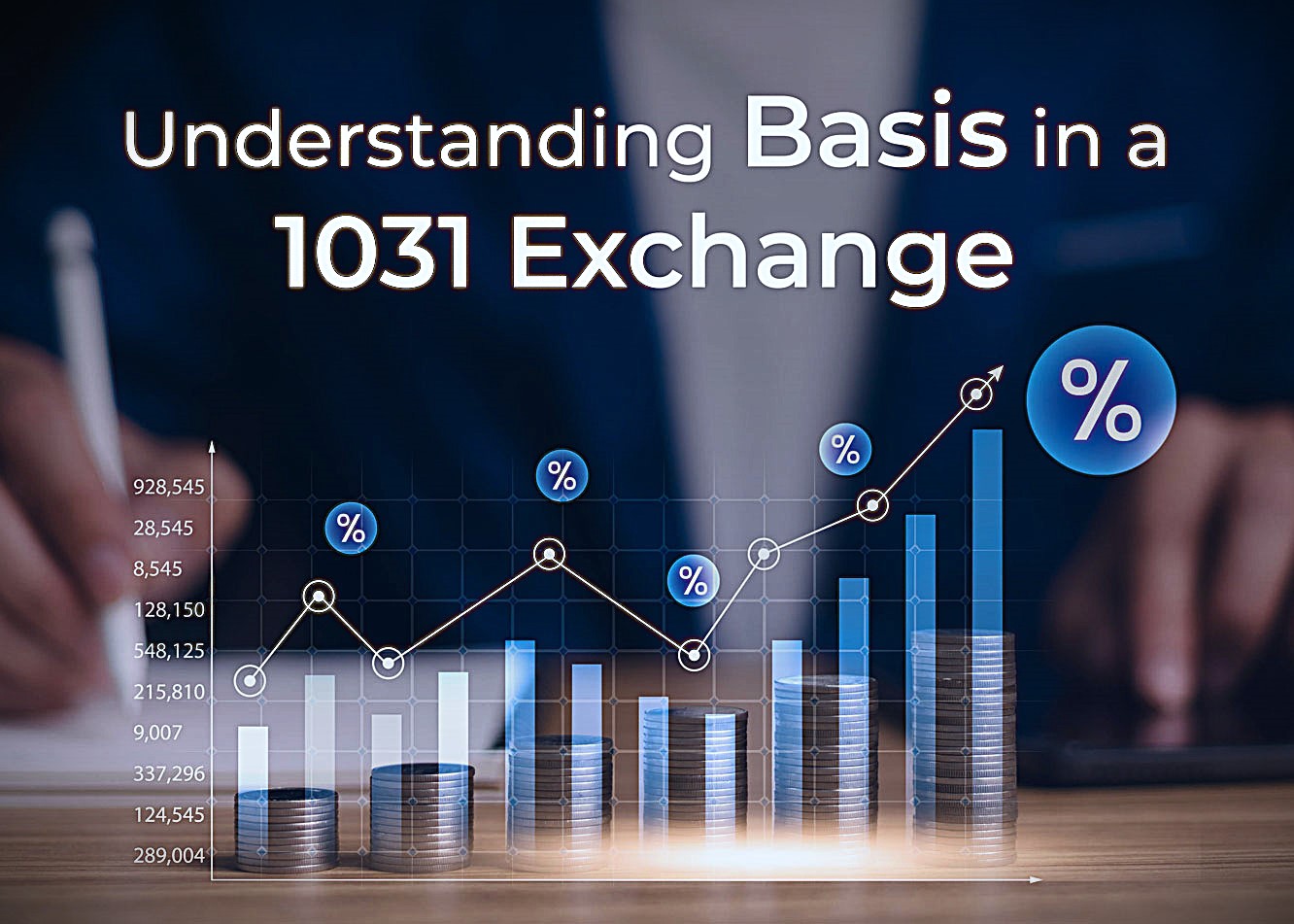
1031 Exchange Properties
An overview of 1031 Exchanges
About 1031 Exchange Investment Properties
Since 1921 investors have been given the opportunity to defer the capital gains tax from the sale of a property by using the IRS code section 1031 for a tax-deferred property exchange. A 1031 Exchange allows an owner of real property, the exchanger, to defer the recognition of capital gains tax normally recognized on the sale of real property – if the exchanger buys a like kind property of equal or greater value and uses all of the cash equity in the subsequent purchase.
A like-kind NNN 1031 property exchange does not mean triple net properties to be exchanged for other triple net properties or free standing NNN single tenant retail property to be exchanged for another NNN single tenant retail property. There is no requirement that properties be similar in type or class. However, real property must be exchanged for real property. Like-kind property is defined as property held for productive use in a trade or business, or for investment purposes, that is exchanged for property which is also held for productive use in a trade or business, or for investment purposes. Example, vacant land which is held for investment purposes qualifies to be exchanged for retail property which is being held for business purposes.
A 1031 exchange should be done through a qualified intermediary. A Qualified Intermediary is an independent third party to the transaction whose function is to prepare the documents necessary to create the exchange, as well as to act as the independent escrow agent for the exchange funds.

How much capital can be saved using a 1031 Exchange?
Example: If an investor is selling a triple net shopping center for $1,000,000, and has a net adjusted basis of $500,000, the investor will have a gain of $500,000 upon the sale of the property. Assume that the federal capital gains tax is 15% on the amount the property has appreciated in value or $500,000. The investor will additionally pay a tax called “depreciation recapture’ which is 25% of the amount the property has been depreciated during its ownership.
In addition, there may be state or local capital gains taxes. Many investors multiply the gain on a sale simply by 25% to get an estimate of the amount of tax they might realize if they do not structure the transaction as an 1031 exchange. In this example the gain is $500,000 ($1MM less$500K). Accordingly, if we multiply $500,000 by 25%, the estimated capital gains tax, if this sale were not structured as a 1031 exchange, would be $125,000.

Three methods for NNN 1031 Exchange Property Investments:
- Identify three properties of unlimited value (Most Common Method);
- Identify an unlimited number of properties whose aggregate fair market value does not exceed 200% of the value of the properties sold in the exchange;
- Identify more than three properties such that their aggregate fair market value is in excess of 200% of the value of the properties sold in the exchange, AND the Exchanger must purchase at least 95% of the value of the properties thus identified.

Advantage of NNN 1031 Exchange Properties Investments:
- Exchanger has 45 days from the date of the sale of the first relinquished property to identify potential replacement property or properties; and a total of 180 days from the original date of sale to purchase the replacement property or properties;
- Exchanger must acquire replacement property of equal or greater value, obtain equal or greater debt on the replacement property, reinvest all the net proceeds realized from the sale of the relinquished property, and acquire only like-kind property;
- Exchanger must own the investment property for at least one year before it can be used for a 1031 Exchange;
- Exchanger must initiate the 1031 process before closing on the property being relinquished. Once its closing occurs; it’s too late to utilize the 1031 deferred exchange process;
- Exchanger may use a vacation house or primary residence for a 1031 exchange as long as the property is reported as a rental or for business use on tax returns for two consecutive years.
- You may have owned a leveraged property long enough to have accumulated considerable equity. You now have an opportunity to exchange into a larger asset, and reposition your equity to your benefit or that of your heirs, without paying taxes. We highly recommend using qualified professionals that have experience in 1031 tax-deferred exchanges to guide you and ensure your compliance with government regulations;
- With proper estate planning, you can keep 1031 exchanging properties throughout your lifetime. Neither you nor your heirs will ever pay income taxes on the capital gains. By doing a tax-deferred exchange, you conserve your equity by not having to pay taxes on your capital gains.

Disadvantage of 1031 Exchange Investments:
- An Exchanger will have a slightly lower depreciation schedule when acquiring new properties. This is because the IRS will look at the new tax basis as being the same as the previous one, less the deferred gain;
- Exchanger’s losses on the income tax return cannot be deducted if you exchange property rather than sell it. If you want to take a loss, simply file taxes on the basis of a sale, not an exchange.

Please feel free to contact us for your 1031 Exchange needs
Discuss your long-term or short-term NNN or 1031 exchange property investment plans.


